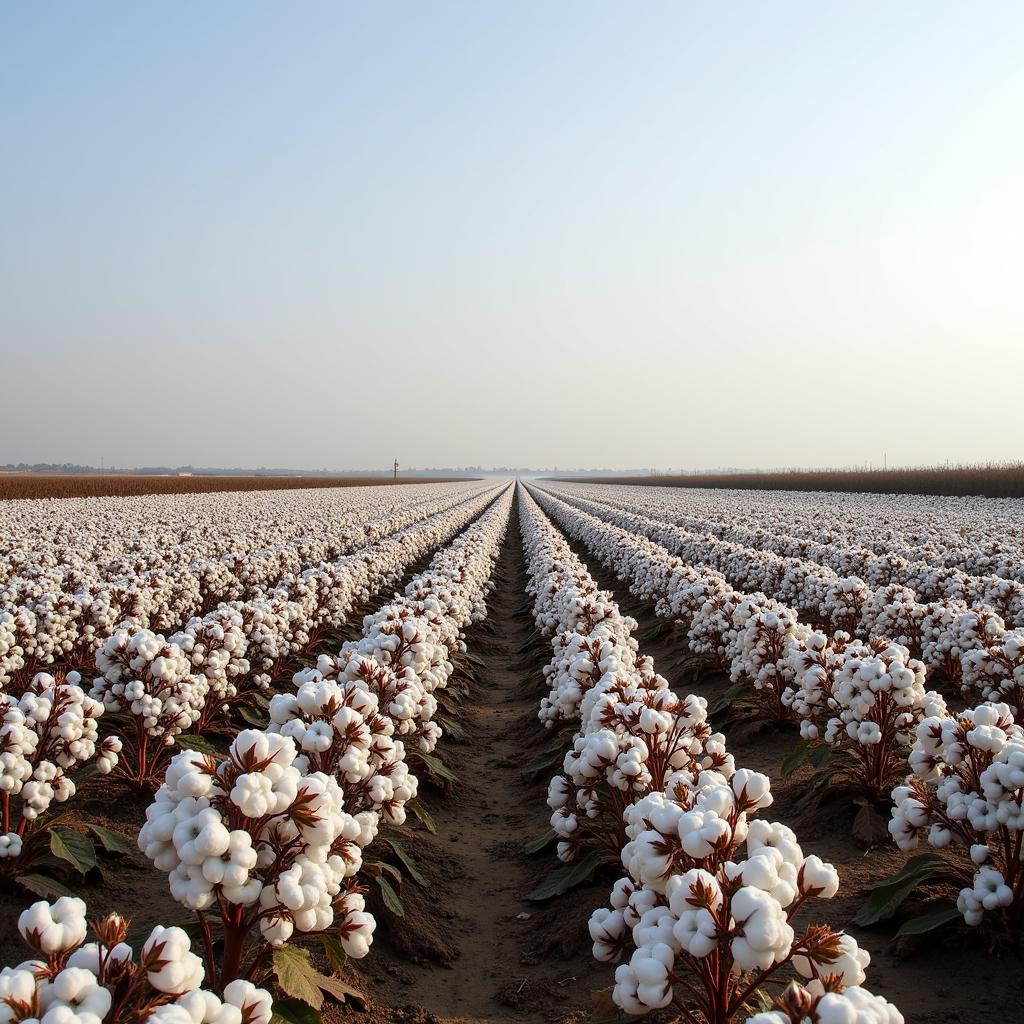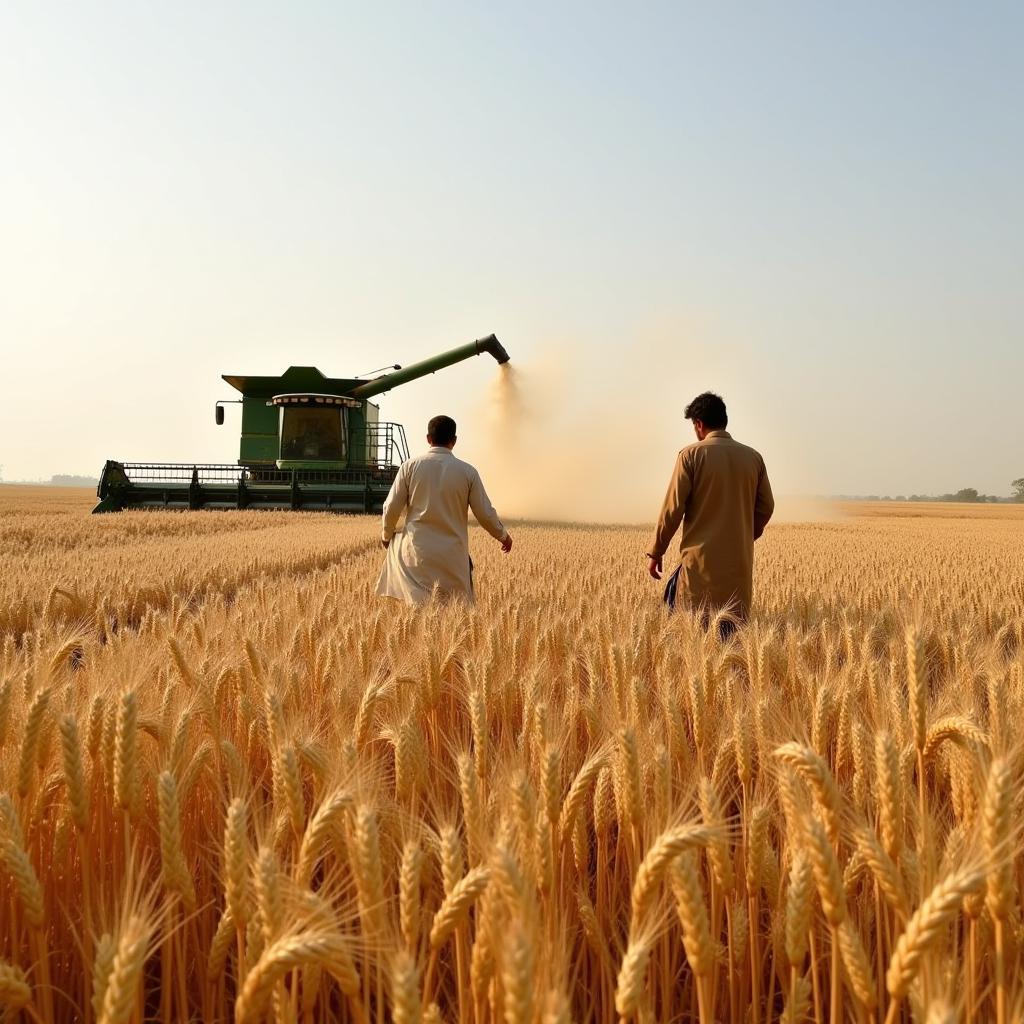Pakistan’s commodity market plays a pivotal role in the nation’s economy, serving as a vital hub for the exchange of raw materials and agricultural products. This dynamic marketplace exhibits a unique blend of traditional practices and modern influences, shaping the trajectory of prices and impacting various sectors.
Understanding the Dynamics of Pakistan’s Commodity Market
The commodity market in Pakistan encompasses a wide array of products, ranging from agricultural staples like wheat, cotton, and rice to industrial commodities like iron price in pakistan, cement, and sugar. These commodities are traded on various platforms, including organized exchanges, spot markets, and through informal networks.
Several factors contribute to the volatility and complexity of Pakistan’s commodity market. These include:
- Supply and Demand Fluctuations: Pakistan’s agricultural production is often subject to weather patterns, leading to fluctuations in supply. Similarly, domestic and international demand for commodities like cotton and textiles can impact prices.
- Government Policies: Government interventions, such as import and export regulations, subsidies, and price controls, can significantly influence market dynamics.
- Global Market Trends: Pakistan’s commodity market is intertwined with global trends. Changes in international prices, currency fluctuations, and geopolitical events can all have a ripple effect.
Key Agricultural Commodities in Pakistan
Agriculture forms the backbone of Pakistan’s economy, and the trading of agricultural commodities plays a crucial role. Some of the most significant agricultural commodities traded in Pakistan include:
- Cotton: Pakistan is a major cotton producer and exporter. The textile industry heavily relies on cotton, making its price a significant factor in the economy.
- Wheat: As a staple food, wheat holds immense importance. Wheat prices directly impact food security and affordability for a large portion of the population.
- Rice: Another major export for Pakistan, rice prices are influenced by global demand and production levels in other rice-producing nations.
 Cotton Farming in Pakistan
Cotton Farming in Pakistan
Industrial Commodities: Driving Growth and Development
Beyond agriculture, industrial commodities play a vital role in Pakistan’s industrial sector. These include:
- Iron and Steel: As essential construction materials, the prices of iron and steel directly impact infrastructure development and industrial growth.
- Cement: The construction boom in Pakistan has led to a surge in demand for cement, making it a closely watched commodity.
- Sugar: Sugar is a significant commodity due to its role in the food and beverage industry.
Challenges and Opportunities in the Commodity Market
Pakistan’s commodity market faces several challenges, including:
- Lack of Modern Infrastructure: Inadequate storage facilities, transportation bottlenecks, and a lack of modern technology can lead to post-harvest losses and inefficiencies.
- Price Volatility: The inherent volatility of commodity prices poses challenges for both producers and consumers.
- Transparency and Regulation: Ensuring transparency and fair trading practices is crucial for the healthy functioning of the market.
Despite the challenges, Pakistan’s commodity market offers significant opportunities:
- Growth in Value-Added Sectors: There is immense potential for growth in processing and value-addition within the agricultural sector, which can enhance export earnings.
- Technological Advancements: The adoption of technology in areas like precision agriculture, market information systems, and online trading platforms can revolutionize the sector.
- Regional Trade: Pakistan’s strategic location positions it to become a regional hub for commodity trading, fostering economic growth and cooperation.
Navigating the Commodity Market in Pakistan
For those involved in Pakistan’s commodity market, staying informed is paramount. Factors to consider include:
- Market Information: Accessing timely and accurate market data is essential for making informed trading decisions.
- Risk Management: Implementing sound risk management strategies can help mitigate the impact of price volatility.
- Supply Chain Efficiency: Improving the efficiency of the supply chain, from farm to market, is crucial for maximizing returns.
Conclusion
The commodity market in Pakistan plays a multifaceted role in the nation’s economic landscape. While challenges persist, opportunities for growth and innovation abound. By embracing technological advancements, strengthening infrastructure, and fostering transparency, Pakistan can further leverage its commodity market to drive sustainable economic development and enhance its position in the global arena.
FAQs about the Commodity Market in Pakistan
1. What is the most traded commodity in Pakistan?
Cotton is one of the most heavily traded commodities in Pakistan, followed by wheat and rice.
2. How does the global market affect Pakistan’s commodity prices?
Pakistan’s commodity market is closely tied to global trends. Changes in international demand, supply shocks, and currency fluctuations can all impact local prices.
3. What are the main challenges faced by farmers in the commodity market?
Farmers often face challenges related to price volatility, lack of access to market information, and inadequate storage facilities.
4. How can I get involved in commodity trading in Pakistan?
There are various ways to get involved, including trading through organized exchanges, participating in spot markets, or working with brokers.
5. What is the future outlook for Pakistan’s commodity market?
The outlook is positive, with opportunities for growth in value-added sectors, technological advancements, and increased regional trade.
 Wheat Harvest in Pakistan
Wheat Harvest in Pakistan
Need More Information?
For personalized guidance on navigating the Pakistani commodity market, contact us!
Phone: +923337849799
Email: [email protected]
Address: Dera Ghazi Khan Rd, Rakhni, Barkhan, Balochistan, Pakistan.
Our dedicated customer service team is available 24/7 to assist you.